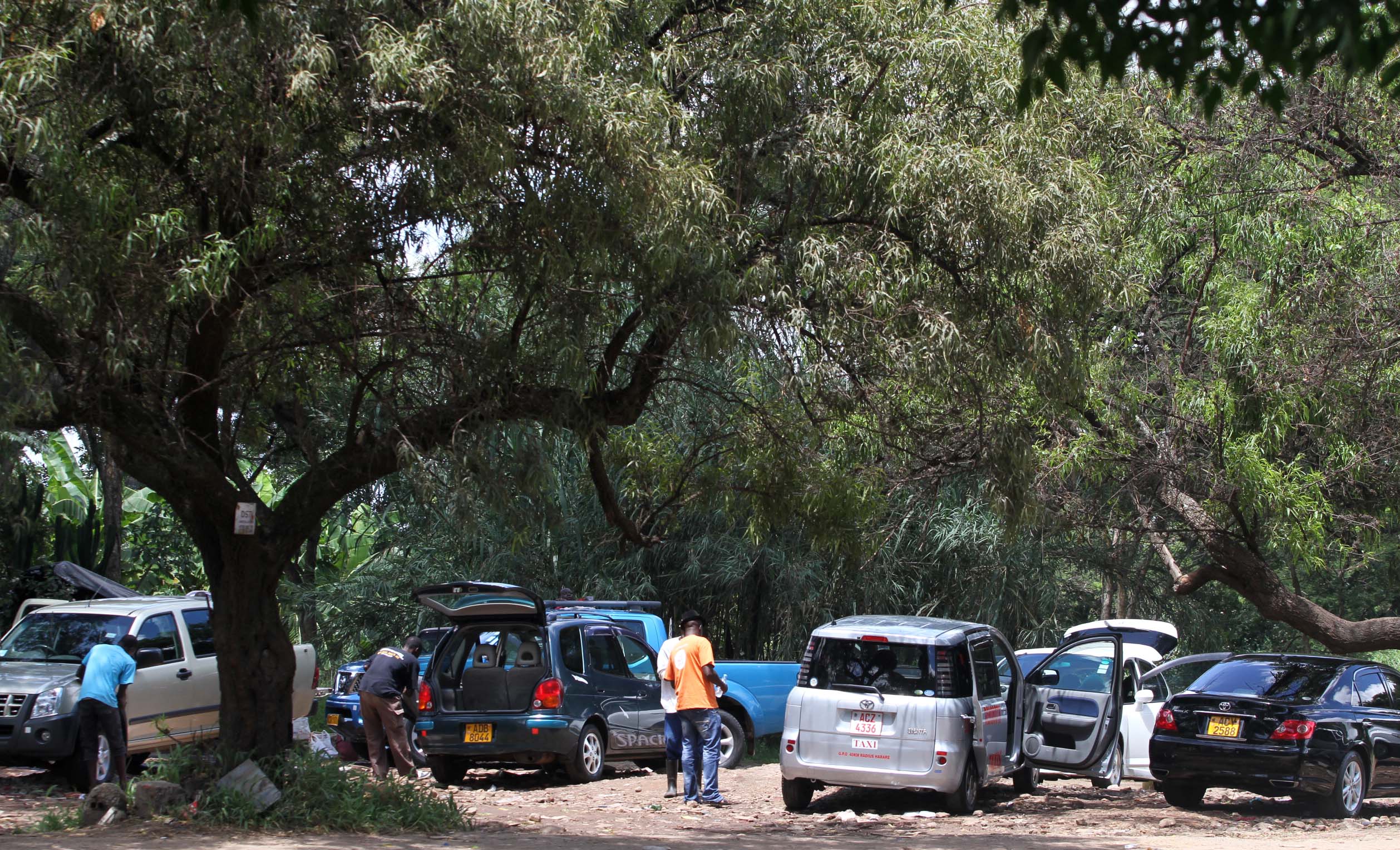
MUSHROOMING illegal car washes and street “garages” are a boon for the unemployed youths these days.
BY PHYLlIS MBANJE
Everywhere you go, youths have taken advantage of the influx of ex-Japanese vehicles to establish their make-shift car washes and street garages.
The good news is that by cleaning people’s cars the youths, not only beat unemployment, but become occupied and therefore shy away from criminal activities.
It is estimated that unemployment tops 80% in the country forcing school leavers — mostly youths — into the informal sector.
However, the bad news is that these car washes do not have the appropriate structures and equipment that separates the oil sludge and water, so the dirty deposits from the cars flow unchecked into the city’s water bodies.
Experts say considering the increasing number of cars that are being imported in the country, unless regulated, car washes and street garages now pose a serious health hazard to Harare residents as heavily polluted effluent finds its way into the city’s drinking water sources.
One such car wash is located at an open space near the Vehicle Inspection Department (VID) along Robert Mugabe Street and on the banks of Mukuvisi River.
- Chamisa under fire over US$120K donation
- Mavhunga puts DeMbare into Chibuku quarterfinals
- Pension funds bet on Cabora Bassa oilfields
- Councils defy govt fire tender directive
Keep Reading
The sludge washes off into the river which feeds into Lake Chivero, Harare’s water source.
Most of the car washers however have no idea of the impact that their actions have on human health and on being asked about the possible environmental effects, they proffered interesting responses.
“This waste simply dries up and so it does not cause any problems,” said one Tapiwa, a car washer along Kwame Nkrumah Avenue.
His colleagues joined in, saying some of the detergents they were using were household dishwashers and could not be harmful.
“I use sunlight liquid which is used in homes so there is no harm there,” said another.
Their concern, which was completely distanced from the harmful effects, was the cat and mouse games they played with municipal police.
“Sister, do you have any job for us? If you do, we will stop what we are doing but if you do not, leave us alone,” said another burly car washer.
Tiritoga Gwemende, who operates a car wash at the corner of Princess Road and Sherwood Drive, was also not concerned about the pollution but boasted about his survival tactics.
“Without another option of raising money this is what I will continue to do. There are seven of us here and so we have to be very alert. It takes a lot of confidence and a certain charm, especially when dealing with female drivers,” he said.
Harare City Council (HCC) spokesperson, Leslie Gwindi said illegal car washes were exacerbating pollution of the environment and water sources.
“Illegal car washes contaminate our water bodies through discharge of oils, grease, heavy metals, brake dust and other contaminants. “There should be proper discharge of the oils and other effluent,” Gwindi said.
The activities of the car washers are not regulated by council and the cleaning chemicals or detergents are not checked to see if they meet the minimum safety standards.
Most car washers said they could not formalise their businesses as they did not have the resources to put up the required structures and pay the rentals to council.
“This is a desperate measure in times like these. Formalising it will cost me more when all I am trying to do is to raise enough money for a passport. I intend to go to South Africa and look for a job,” said one cleaner who operates along Kwame Nkrumah Avenue.
However, Gwindi said the car washes must be on designated sites.
“Car washers are free to approach the city for allocation of proper sites to conduct their business. The city is aware of the need for car washes, taking into consideration the number of vehicles in the city,” Gwindi said.










